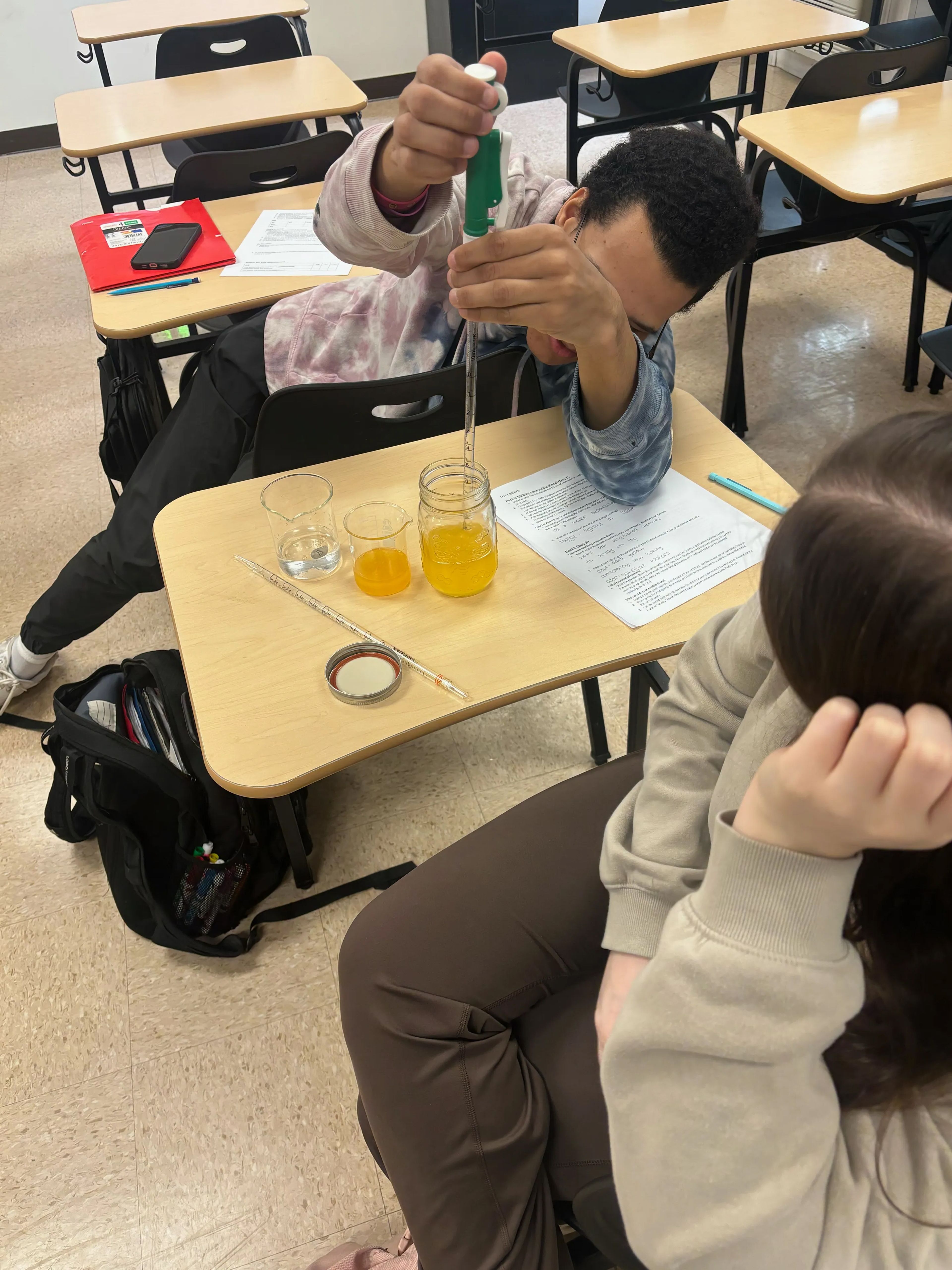When Marge retired, she said the one thing she didn’t want any more was alarms. She wanted to sleep in until she was ready to crawl out of bed and not have an alarm tell her to get up. So now we set an alarm now and then only when we have an early appointment or such. I usually wake up somewhere around 5:30 to 6 a.m. Once in a while, I’ll sleep later. but not very often. As a normal rule, we don’t set an alarm.
But we do have alarms. During the summer, we turn water on the garden, and if you don’t set an alarm as a reminder, it will water and water and water the same rows. So we set an alarm to remind us to change rows every 30 to 60 minutes depending on how dry the weather is or what we have planted. We both set the alarms on our cell phones. They are really handy. We also set an alarm as a reminder to turn off the water in the evening.
I also wear a gizmo on my arm that tells my phone what my sugar level is 24/7. I don’t have a clue how it works, but it really does. We change this deal on my arm every 14 days, and we are good to go. Pretty accurate. One thing I really like is that if my sugar gets up around 250, my phone sets off an alarm warning me my sugar is too high, and the same alarm goes off warning me my sugar is too low. A couple times a month, the alarm will go off while we are both asleep, rudely waking us up. This alarm I’m really thankful for.
Now and then, normally during the spring, the alarm will go off here in Scott City warning us that there are storms approaching and usually to take shelter. These are good alarms. Our weather radio does the same thing. When there is a weather alert, the weather radio goes off alerting us that there is a storm danger, whether it be tornadoes or thunderstorms or even wind warnings. Our cell phones do the same. When there is a weather emergency or danger, it alarms to warn us. I like this.
I do put some dates on my phone calendar to remind me of dangers for my garden crops. Usually, about the middle of June, big green tomato worms show up and just decimate a tomato plant. They start eating the green foliage up at the top of the plant and strip the leaves off as they go down the plant. They are hard to see up on the stems, while the damage is plain to see. One other sign is they excrete small black drops down on the tomatoes below where they are eating. My cell phone calendar just reminds me to watch for those little buggers.
Our cars, pickups, tractors and other vehicles come with warning lights as well. These can alert us to overheating or low oil pressure or failure to charge or even low on gas. I like the warning lights, but I miss the old oil pressure gauges and actual temperature gauges. Lights are probably cheaper than actual gauges.
Most of the summer where we live we have heat warnings. When the temp gets in the 90s and the humidity is high, the heat index or feel like temp will be over 100. This summer in our region our weather man said the heat index actually reached 120 in an area close to us. That’s hot.
The whole alarm system working depends on what we do with the warning. If a weather alert wakes us up and we shut it off and we do nothing or even go back to bed, we don’t benefit. If your body is sending you a check the “whatever” light, don’t ignore it. Check it out. It might be something very minor and easily fixed. If it’s a major problem and the "check whatever light" comes on, find out before there is no solution and there is no hope.
Watch your body's warning lights or signs.
Phillips began life as a cowboy, then husband and father, carpenter, a minister, gardener and writer. He may be reached at phillipsrb@hotmail.com.









